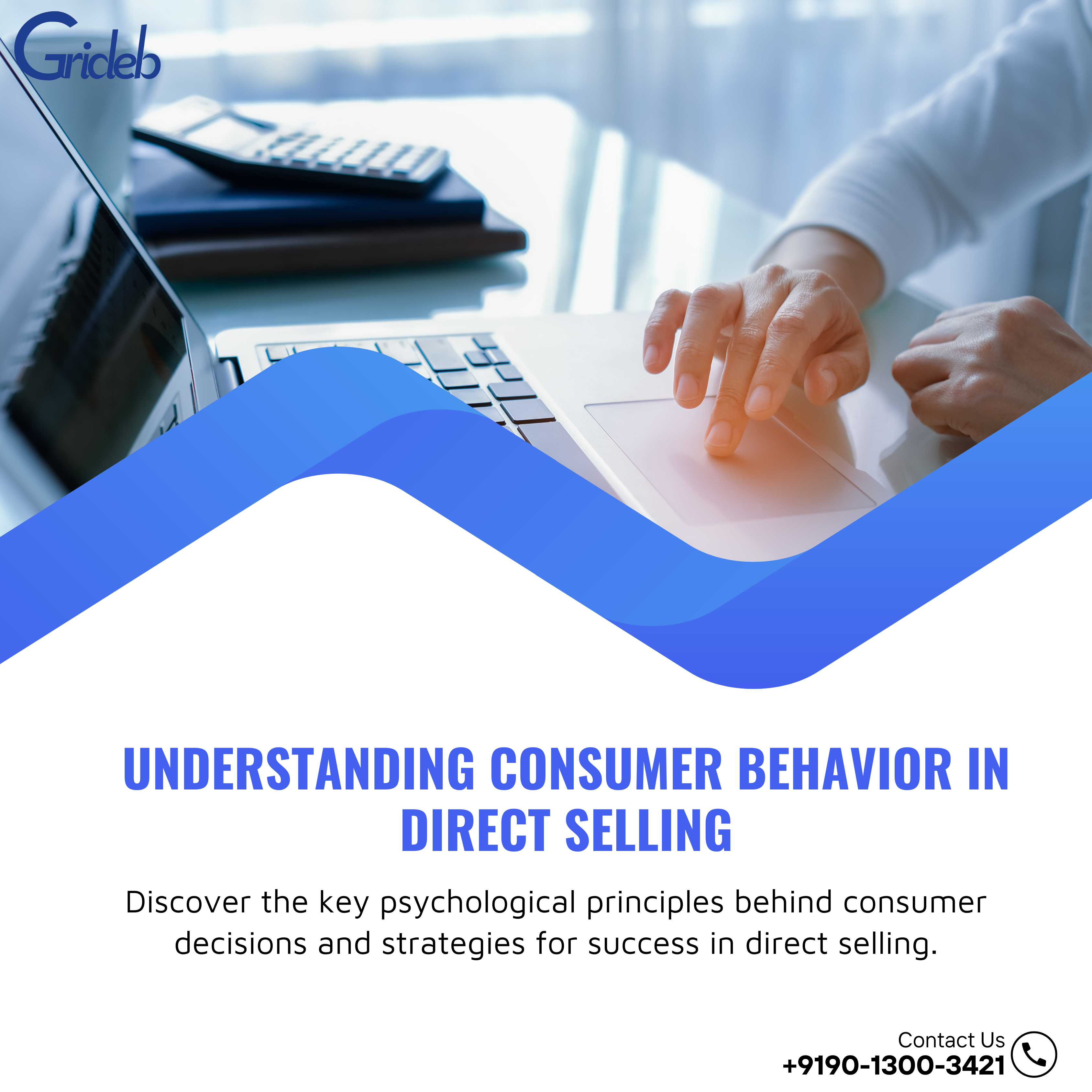The Psychology of Direct Selling: Understanding Consumer Behavior

The Psychology of Direct Selling: Understanding Consumer Behavior
Direct selling is a unique and dynamic industry that hinges on personal interactions and relationship-building. Understanding the psychology behind consumer behavior in direct selling can be the key to success for entrepreneurs and businesses alike. By delving into what motivates consumers, how they make purchasing decisions, and the emotional triggers that drive sales, direct sellers can tailor their strategies to better meet the needs and desires of their target audience.
The Motivations Behind Consumer Behavior
1. Social Influence and Peer Pressure
One of the most powerful motivators in direct selling is social influence. Consumers are often swayed by the opinions and recommendations of friends, family, and peers. In a direct selling context, this is magnified as sales often occur within close-knit social circles. When someone they know and trust endorses a product, consumers are more likely to make a purchase.
2. The Power of Personal Connection
Direct selling thrives on personal relationships. The direct interaction between the seller and the consumer creates a unique bond that is difficult to replicate in traditional retail settings. This personal connection can lead to higher trust and loyalty, as consumers feel valued and understood by the seller. Building rapport and establishing a genuine connection are crucial elements in influencing consumer behavior.
3. Desire for Exclusivity and Unique Products
Consumers are often drawn to direct selling products because they are perceived as exclusive or unique. These products are not always available in regular retail stores, which adds to their allure. The limited availability creates a sense of urgency and desirability, prompting consumers to act quickly to obtain them.
4. Emotional Triggers and Storytelling
Emotions play a significant role in purchasing decisions. Direct sellers who can effectively tap into their consumers' emotions can create compelling narratives that resonate on a deeper level. Storytelling is a powerful tool in this regard. Sharing personal stories of how a product has positively impacted the seller’s life or the lives of others can evoke strong emotional responses, making consumers more likely to buy.
Decision-Making Processes in Direct Selling
1. The Role of Reciprocity
Reciprocity is a psychological principle where people feel obligated to return a favor when someone does something for them. In direct selling, this can be leveraged by offering free samples, trials, or valuable advice. When consumers receive something of value without any immediate expectation of return, they are more likely to reciprocate by making a purchase.
2. Cognitive Dissonance and Post-Purchase Behavior
Cognitive dissonance refers to the discomfort a person feels when holding two conflicting beliefs or attitudes. After making a purchase, consumers may experience doubt or regret. Direct sellers can mitigate this by providing reassurance, follow-up support, and reaffirming the value and benefits of the product. Positive post-purchase interactions can enhance customer satisfaction and loyalty.
3. Social Proof and Testimonials
Social proof is the idea that people are influenced by the actions and opinions of others. Testimonials, reviews, and endorsements from satisfied customers can serve as powerful social proof. Direct sellers can utilize these to demonstrate the effectiveness and popularity of their products, thereby influencing potential buyers.
Strategies for Direct Sellers
1. Effective Communication and Active Listening
Communication is a two-way street. Successful direct sellers not only convey the benefits of their products but also actively listen to their consumers' needs and concerns. By understanding their customers’ preferences and pain points, sellers can tailor their pitch to address specific issues, making their products more appealing.
2. Building Trust Through Transparency
Transparency is critical in building trust. Direct sellers should be honest about the capabilities and limitations of their products. Providing clear information about pricing, ingredients, and usage instructions helps in establishing credibility and trustworthiness.
3. Creating a Sense of Community
Fostering a sense of community among customers can enhance loyalty and repeat business. This can be achieved through regular interactions, social media engagement, and organizing events or gatherings where customers can share their experiences and connect with each other.
4. Leveraging Technology
Technology can amplify the effectiveness of direct selling efforts. Utilizing customer relationship management (CRM) tools, social media platforms, and e-commerce solutions can help direct sellers manage their customer base, track interactions, and streamline the sales process.
Conclusion
Understanding the psychology of consumer behavior in direct selling is essential for crafting effective sales strategies and building lasting customer relationships. By tapping into social influences, personal connections, emotional triggers, and decision-making processes, direct sellers can enhance their approach and drive sales. Fostering trust, leveraging social proof, and maintaining transparent communication are all critical components in influencing consumer behavior and achieving success in the direct selling industry.
.png)
.png)
.png)
.png)
.png)
